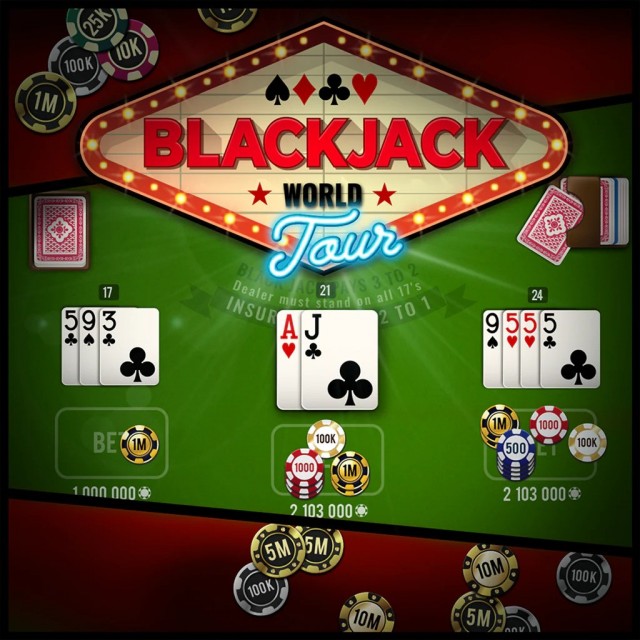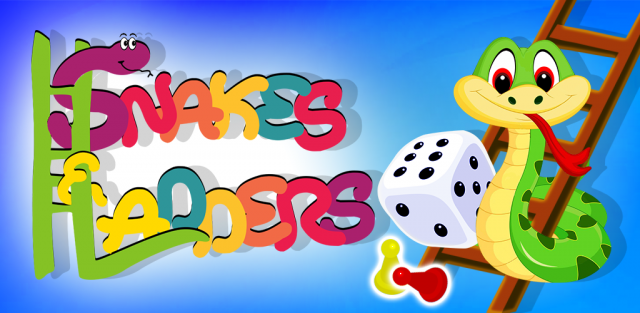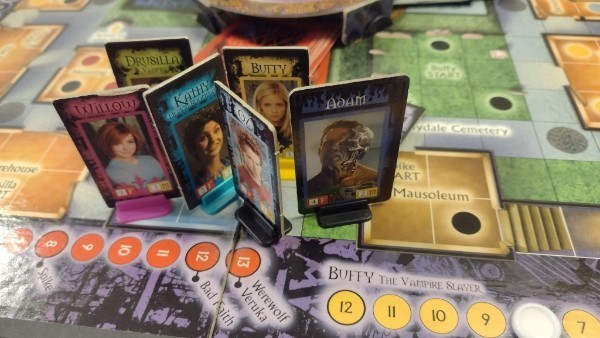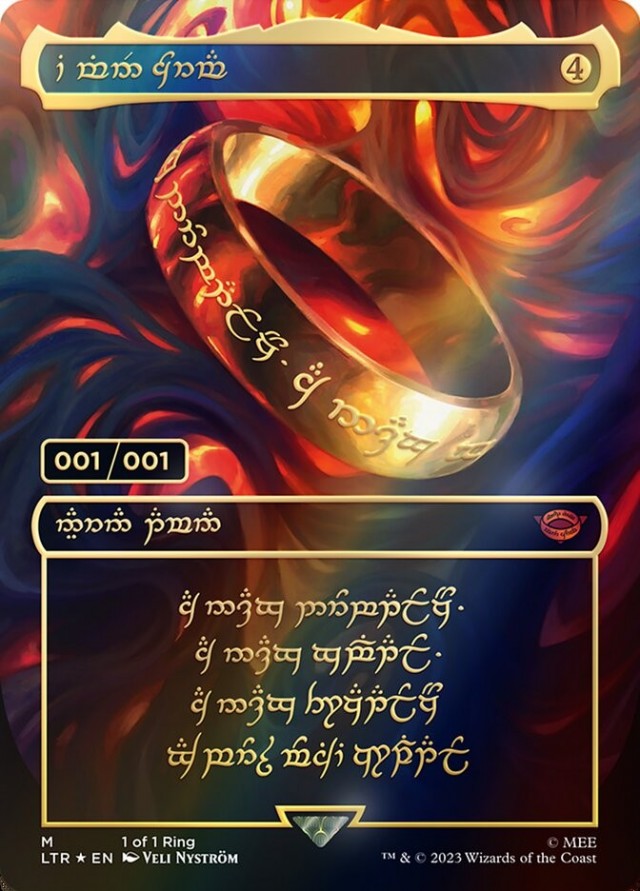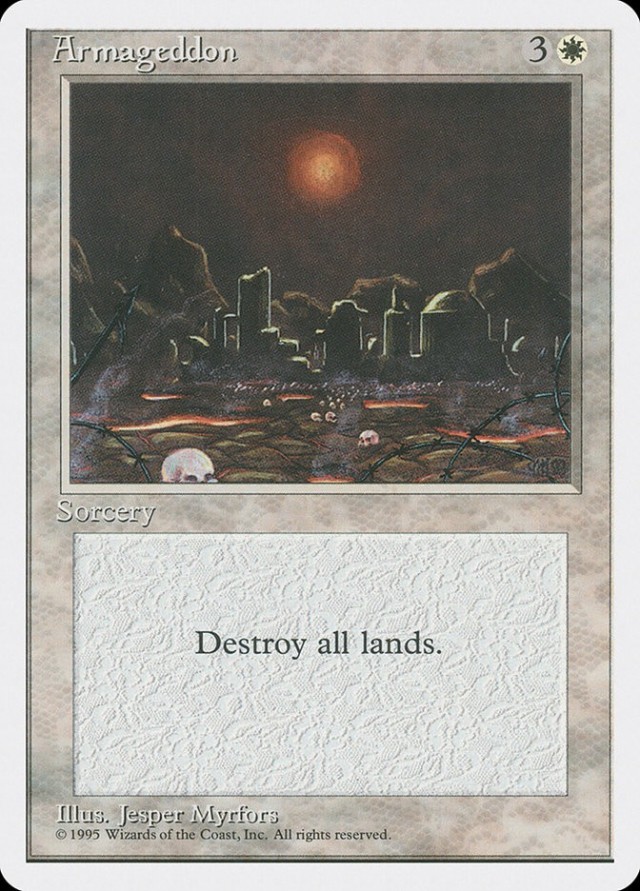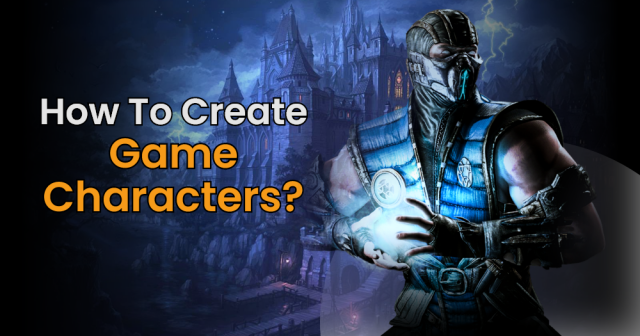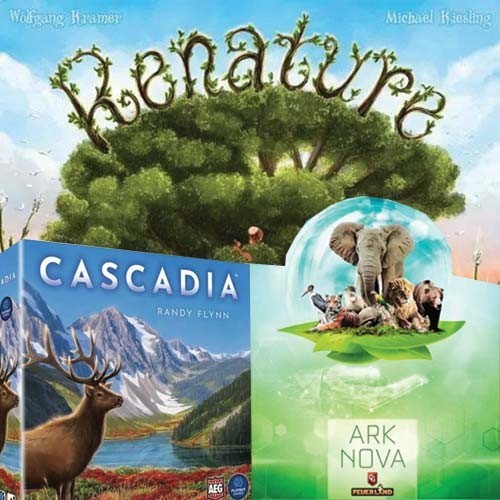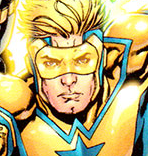Lace up your magical shoes, place your bets on your wooden boats, and switch cards with your neighbor. Then ask yourself: why do I own this?
Lords
How did I get it? This was one of the four print-on-demand card games from Small Box Games designer John Clowdus, released in 2017 on Drive Thru Cards. I am fairly certain they are no longer available, which is a shame, because at least three of the four games are quite good.
Why do I still have it? It sits in a box with the other three games I got at the same time. (Those would be Cartouche: Dynasties, Merchants of Muziris, and Hemloch: Dark Promenade.) They each are a simple deck of cards in a plastic bag with photocopied rules. Since reviewing it several weeks ago, I've played Cartouche: Dynasties and quite enjoyed it, making Lords the last unplayed one in the bunch. My main opponent: my nine-year-old son, who has taken quite well to the other three games. Lords is the weirdest one in the bunch, but I remain optimistic that I can play with him soon.
How is it? This one hasn't made it to the table with an opponent yet, although I've solo'd a couple of games to understand the flow of the game, which is indeed pretty strange. From those solo games I feel like this might be one of those games that is more interesting than fun. There's a sense that it might have a bit too much going on for the kind of game it is. There are about four ways to score points, all of which can be affected by the other player. So it's busy AND a bit chaotic. That said, games like that can sometimes stabilize with experience, and Lords might fall into that category. It's hard to say until I've had a chance to play a few times. This is certainly one of Clowdus's weirder games though, and those who want something different could do a lot worse than this one.
How did I get it? In the mid 2000s, when I was still getting into the hobby, Lost Cities was part of the canon of gateway games that everyone bought in their early hobby days. It was also one of the only games in that tier that was for two players. Back in those days I assumed I'd have a ton of time to play games with just one other person, so I optimistically bought it.
Why do I still have it? If it weren't for my wife I wouldn't. I bounced off of Lost Cities pretty hard for several years, and I only kept it because the woman I was dating and eventually married liked it. But a curious thing happened after several games I played to humor her: I actually ended up liking the game quite a bit. Because of that I now consider it a proud entry in my love of Reiner Knizia, and a surprisingly great abstraction of the risk and investment of exploration.
How is it? I owe Lost Cities an apology. For many years I thought it did a poor job of allowing players to assess the risk they were taking. How could you accurately ascertain what quests to pursue? I'm a little embarrassed to admit it took a short visit to the BGG strategy section to show me why I was wrong. Having higher numbers in a color makes it easier to complete a quest, which is obvious to anyone who thinks about it for a bit. But I think it came down to a mental block surrounding some negative early experiences, which can happen in some situations. I've always been a fairly intuitive player, and I don't really think much about strategy in analytical ways, but instead in feedback loops. I experiment with stuff until I figure out what needs to be done. All that to say, Lost Cities somehow eluded me for several years. I'm glad to say that I've come around on it in a big way. It's a terrific two-player game, because it pushes you toward bigger and bigger risks to outdo the other person. It's a bit of a streaky experience at that level, since it does come down to card draw. But playing a three-handed game of this is a terrific experience. Chalk it up as one more hit in Knizia's absurd late-90s hot streak, perhaps the best run of game design in history.
Magical Athlete
How did I get it? Back in the days when TWBG was still known as Fortress: Ameritrash, several members were excited about this weird little game from Japan, called "Magical Athelete" (sic). When it came out that it was getting an English release from the then-very-bold Z-Man Games, I burned a gift card to buy what was, as near as I can tell, the only copy in the Kansas City Metro Area.
Why do I still have it? I play this game a lot. Like, a lot a lot. It's the rare game that gets played with people who don't like hobby games in general, and it's made more than a few road trips with me because of its size. Something about it clicks with me, and it's had a really high success rate with people as a result. The only exception was that group in Texas who played it and with whom it totally bombed. Philistines, the lot of them.
How is it? Magical Athlete is a hard game to pin down because in theory and practice it's so stupid. There's barely any game at all, and the roles aren't very well balanced. (No one ever wants the Thief, and everone always wants the Merchant and Amazon.) But its secret sauce is how well it creates funny interactions between the racers, with just a simple roll-and-move mechanic and some special player powers. It's a very organically funny experience, even if about a third of the races it creates kind of bomb. The low-rent production and chibi illustrations help out a lot, making the game endearingly ugly and surprisingly adorable in its absurdity. It also has the advantage of being understandable by just about anyone. It's not for those who like their decisions to have impact, aside from just knowing what character to draft. But it works really well by generating funny stories and a surprising amount of tension. I'd be shocked if the English version were a success, but this at least has been a huge success for me.
How did I get it? Long before I ever planned to move to the Philippines, I played this game at a friend's house as a closer. We had a ball, gambling and yelling at the results. I ended up getting the game for Christmas, and it's become one of my favorite games.
Why do I still have it? Because Manila was out of print for a long time, and because it was only ever a modest hit in the first place, this is one of those really good games that a lot of people haven't experienced. It combines a lot of really fun mechanics, like a brutal auction and some do-or-die gambling, into a potent design that has a lot more depth than it appears. It's also been a fun conversation piece now that I actually live in Manila, even though the game has basically no relation to the actual physical location. (An unfortunately common German game design trope, that.)
How is it? I am a big fan of drama and risk-taking in game design, often considering it one of the most underrated qualities. Very few games feel like they have stakes that the player can embrace, but Manila does that really well. Obviously it has a gambling mechanic that uses dice-rolling to create surprising finishes, making it possible to win or lose the game on a single result. But more than that, it also has perhaps the most high-stakes auction I've seen in a game. The players always bid for the role of harbormaster, and because the harbormaster controls basically everything in the game, there's just about no price too high. I've seen players bid and pay way more than is advisable, and I totally get why, because the harbormaster role is everything here. Because you can invest so much, it makes every race even more high stakes. It also allows you to jump into the gambler's lament, when you go deeper into debt just to secure the big win. I've won games in dominant fashion, and lost them horribly, and I feel like both situations were totally earned. This is one of the best German designs to come out of the mid-2000s, and I love sharing it with people.
How did I get it? This was an acquisition in a math trade, along with its very fun expansion. I cannot for the life of me remember what I gave up, but since Mascarade is one of my favorite fifteen-minute games it was almost certainly a good trade.
Why do I still have it? I keep on hoping I'll find that magical 8+ person group that will love this game as much as I do, but that doesn't happen very often. I do still like it a lot with fewer players, but it's at its best with a crowd. I think I've made it to a full thirteen players exactly once, and it was glorious pandemonium.
How is it? Bruno Faidutti is a really fun designer, and Mascarade shows him at the height of his powers. This game is my ideal version of the Coup/Resistance genre, where players have different roles and lie to each other about what's happening. Mascarade has plenty of that, but the big twist is that the players themselves aren't totally clear about who they are. The whole game takes place in something of a fog as the players spend as much time figuring out who they are, along with who everyone else is. This is combined with a pretty strong goal, to get to 13 gold first. This win condition makes for the really good intersections of strategy in Mascarade, which seems like a weird thing to say about such a chaotic game. But you absolutely need to learn not only how to read who other players are, but to read the table situation as well. Neither is rocket science, but it's the right amount of grit for a fifteen minute game. Things are knowable, but there's a really good opportunity cost to get there. Faidutti is an experienced designer, and here his willingness to lean into chaos and trust his players to navigate it is on great display. While I will always love Citadels and continue to play it, Mascarade is Faidutti's finest hour.
Next weeks: Nothing, as I will be taking the rest of October off due to travelling for work. I'll be back in November with part 13!
 Games
Games How to resolve AdBlock issue?
How to resolve AdBlock issue? 
